Families of prisoners of war massacred by Japanese captors demand apology
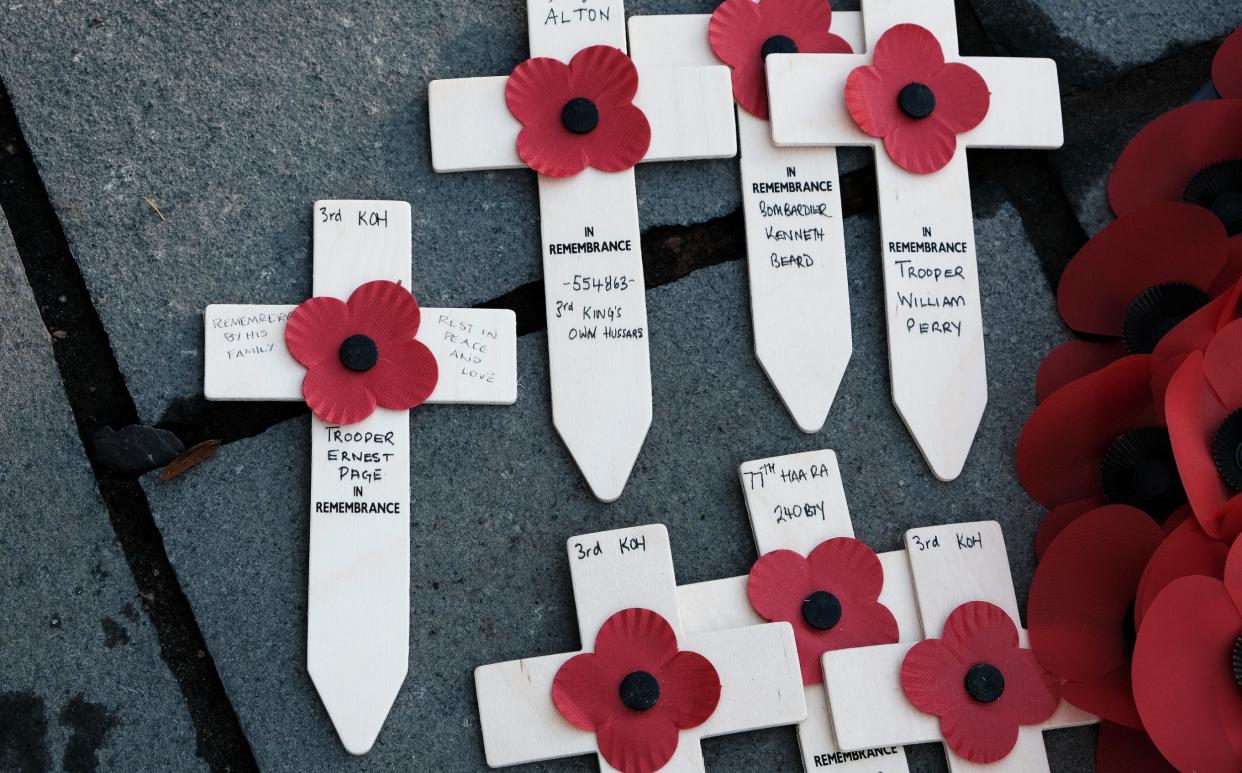
Even amid the litany of horrors from the war in the Far East it still has the power to shock – hundreds of unarmed British and Allied prisoners shot in cold blood by their Japanese captors as they tried to save themselves from a sinking transport ship.
But the fate of the men – machine-gunned after leaping into the sea from the Suez Maru – was largely forgotten, other than by their grieving loved ones.
Those families are now campaigning for proper recognition of their relatives’ deaths and an apology from the Japanese authorities – for their predecessors’ role in the massacre - and the British government, for the way they believe ministers covered it up.
Eighty years to the day of the massacre many of the descendants of those murdered prisoners of war (PoWs) gathered at the National Memorial Arboretum (NMA) in Staffordshire to pay tribute and press for official acknowledgement that they were let down by their own side.
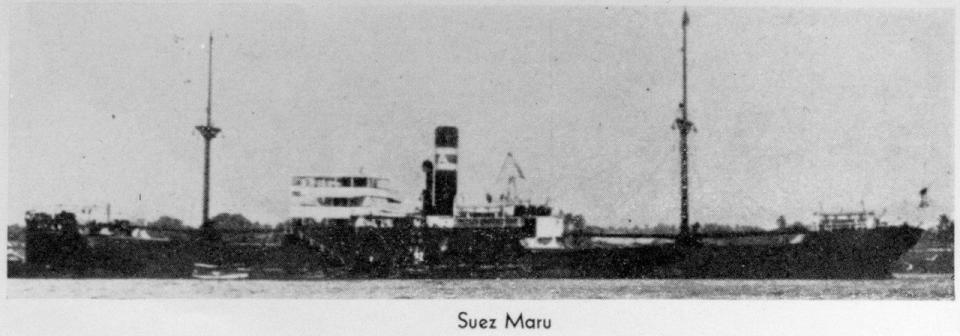
The families are angry that Britain’s post-war government failed to bring the Japanese officers and troops responsible for the massacre to trial for war crimes, preferring to keep the matter shrouded in secrecy.
Jacquelyn Frith, whose great uncle Jack, a gunner with the Royal Artillery, was among those killed and who has fought to bring the truth to light, said: “The families of the murdered men have carried this painful wound down the generations and it is still little known.
“I believe the men of the Suez Maru should be heard and their sacrifice known – they deserve nothing less.”
The tragedy began on the morning of Nov 29 1943 as the Suez Maru was transporting 550 British, Dutch, Irish and New Zealand PoWs from a prison camp on the Indonesian island of Ambo, where they had already endured months of hellish conditions. Here almost 300 men died after being forced to work in the blazing heat, chipping at hard coral to build an airstrip for the planned Japanese invasion of Australia.
As the Suez Maru – which failed to carry any red cross markings identifying it as a PoW transport ship – made its way to Java it was intercepted by the American submarine USS Bonefish.
The submarine fired four torpedoes, one hitting amidships, splitting the vessel and another striking the stern, killing most of the 300 PoWs packed beneath decks.
The Suez Maru sank in less than twenty minutes, with hundreds of other PoWs managing to jump into the sea, scrambling onto makeshift life rafts.
Once in the water they were picked off by Japanese troops who had survived the submarine attack and been rescued by one of their own minesweepers.
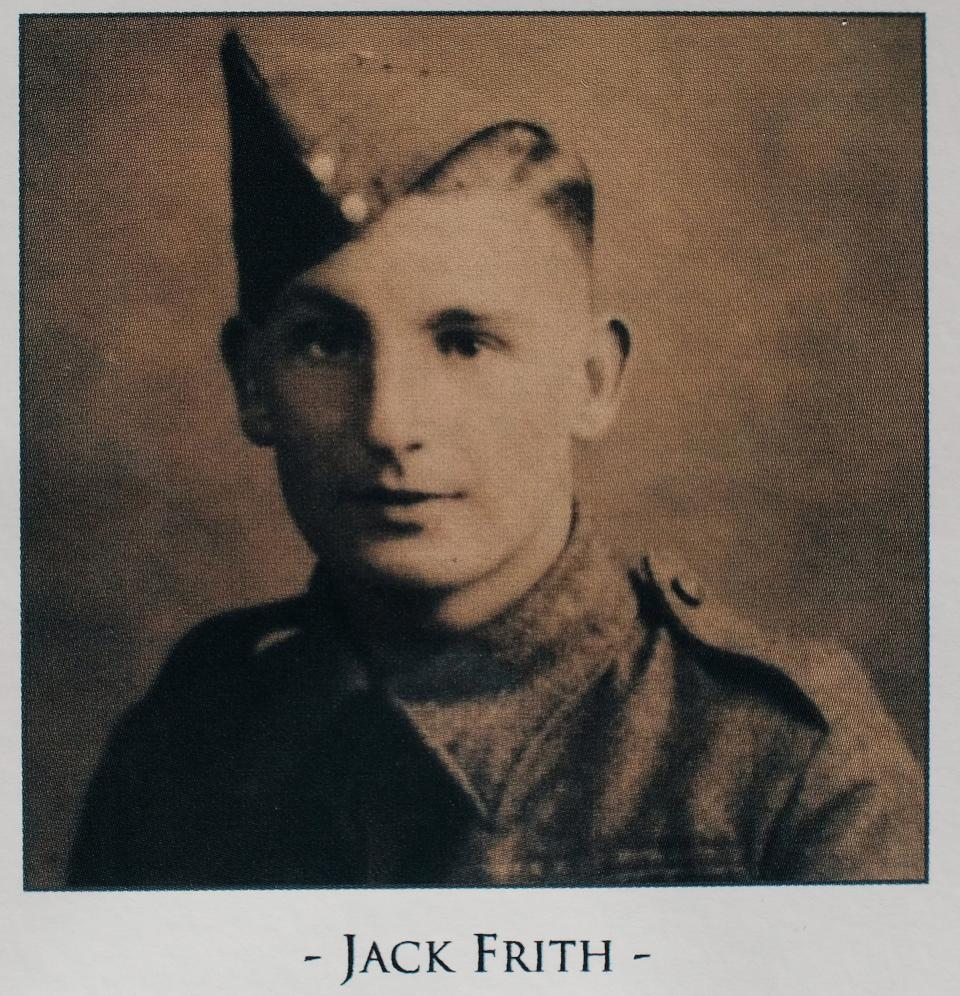
Testimony emerged later from Yoshio Kashiki, an Imperial Japanese Army soldier, who, sitting on the deck of the minesweeper W12, had overheard two of his officers discussing what to do with the estimated 250 Allied prisoners in the water.
In letters written to war crimes investigators in Tokyo in 1949, letters which saw him ostracised by his own family, Kashiki recounted how he had heard Lt Masaji Iketani – who had been in charge of the PoW’s ‘welfare’ – tell the W12’s Captain, Osamu Kawano, that there was a standing order to kill prisoners if the enemy torpedoed their transport. Cpt. Kawano agreed and the mens’ fate was sealed.
As the minesweeper came about, the long lines of PoWs in the water thought they were about to be rescued. They were instead met with machine gun fire.
Ms Frith, an archaeology research postgraduate at University of Liverpool, said: “Over the course of about two hours, every single man was shot and killed. Some of the prisoners, knowing they were about to be killed, stood up on flotsam and bared their chests in defiance.”
The truth about what happened only began to emerge decades later, thanks to Ms Frith - along with the late Allan Jones, an historian whose father Lewis was lost on the Suez Maru – poring over letters and archives and obtaining the slow release of official documents.
These revealed that, following a recommendation by the Allied occupying powers’ Far Eastern Commission not to prosecute war crimes beyond a certain point, the British government decided in turn not to bring those accused of the Suez Maru killings to trial.
Documents show that in October 1949 Emanuel Shinwell, British Secretary of State for War, called the Suez Maru case “a particular bad one”, but added that “for all we know there may be others [cases] as bad, and if we do not drop this or any other bad case I cannot see how we shall ever put an end to these trials”.
It was also felt that a trial would hinder the reconstruction of Japan along democratic, pro-Western lines, as well as being a drain on Britain’s depleted resources.
As a result Iketani and Kawano escaped justice, going on to live long lives in post-war Japan and according to Ms Frith behaving, until their deaths, “as if they simply hadn’t committed this crime”.
Ms Frith joined 60 other descendants of the massacre’s victims in laying ‘a tide of poppies’ at the NMA on Wednesday, each carrying the names of the 412 British soldiers and airmen killed, along with four Irish and one New Zealander. The 133 Dutch men killed will also soon be commemorated.
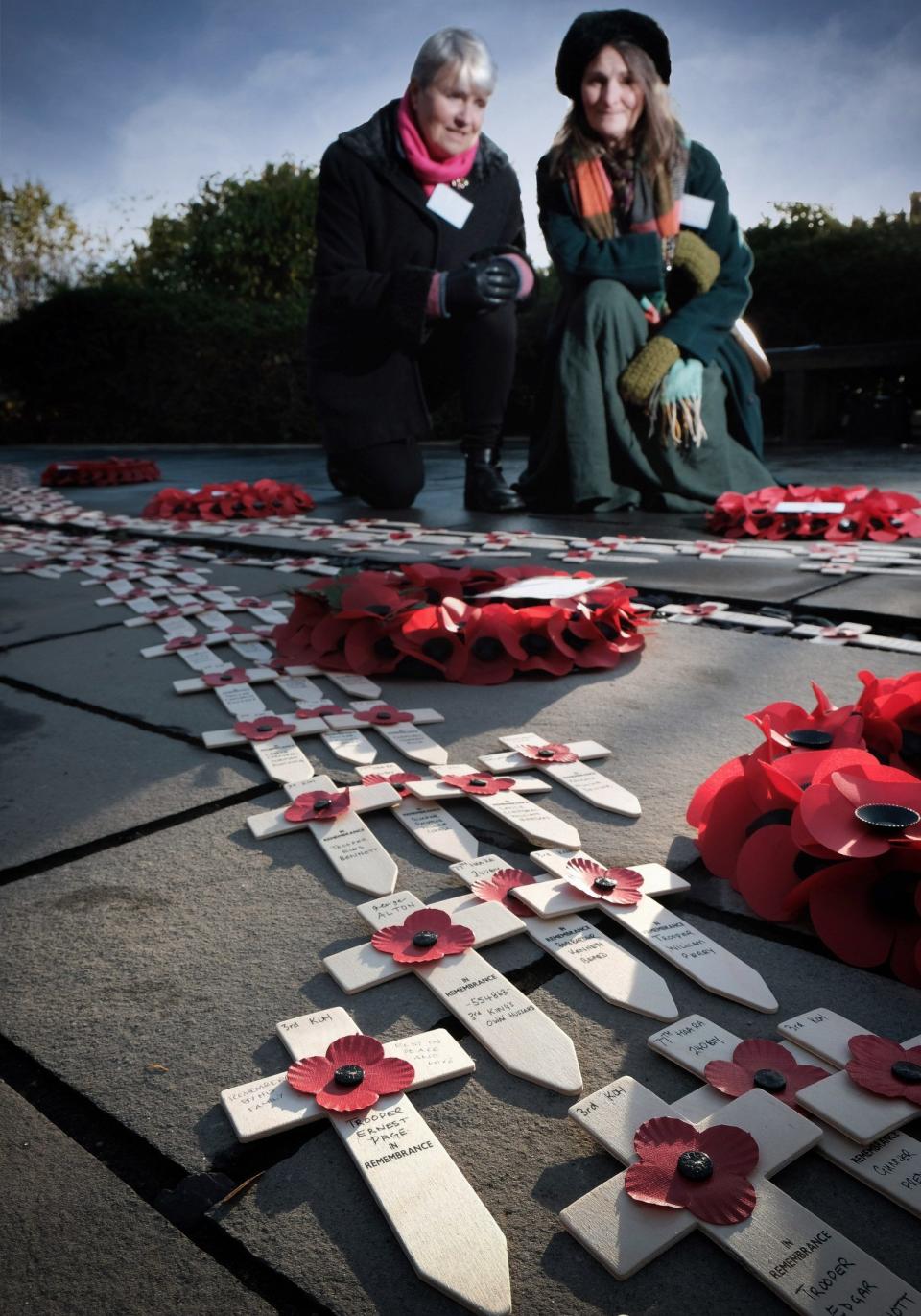
Among the descendants at the NMA were sisters Sacha Farley and Lisa Kirkup, whose grandfather Ernest Joseph Page was captured by the Japanese after leaving his job as a postman in Norwich, at the age of 33, to serve in the 3rd The King’s Own Hussars.
Mr Page’s wife Beulah, who died in 2006 aged 92, never knew the truth behind his death, other than being told by officials that his PoW transport ship had been hit by ‘friendly fire’.
“It’s very, very moving for us to be here, with other families who suffered the same loss. It brings home how big an atrocity it was,” said Ms Farley, a retired teaching assistant from Guildford.
Ms Kirkup added: “My grandmother never really talked about it. Perhaps she just found it too difficult. But she wouldn’t have known about the dreadful shooting of her husband.”
Ms Frith says this was a “common thread” uniting the men’s surviving descendants.
“Some families have talked of places being set at the table for years afterwards and my grandfather laid poppies for his brother for the rest of his life,” she said.
The families now want the Japanese government to go beyond expressions of sorrow and to give an official apology for the murders, and for other Allied troops killed in similar fashion after their prison transport vessels, nicknamed “Hell Ships” by the men, were sunk by friendly fire.
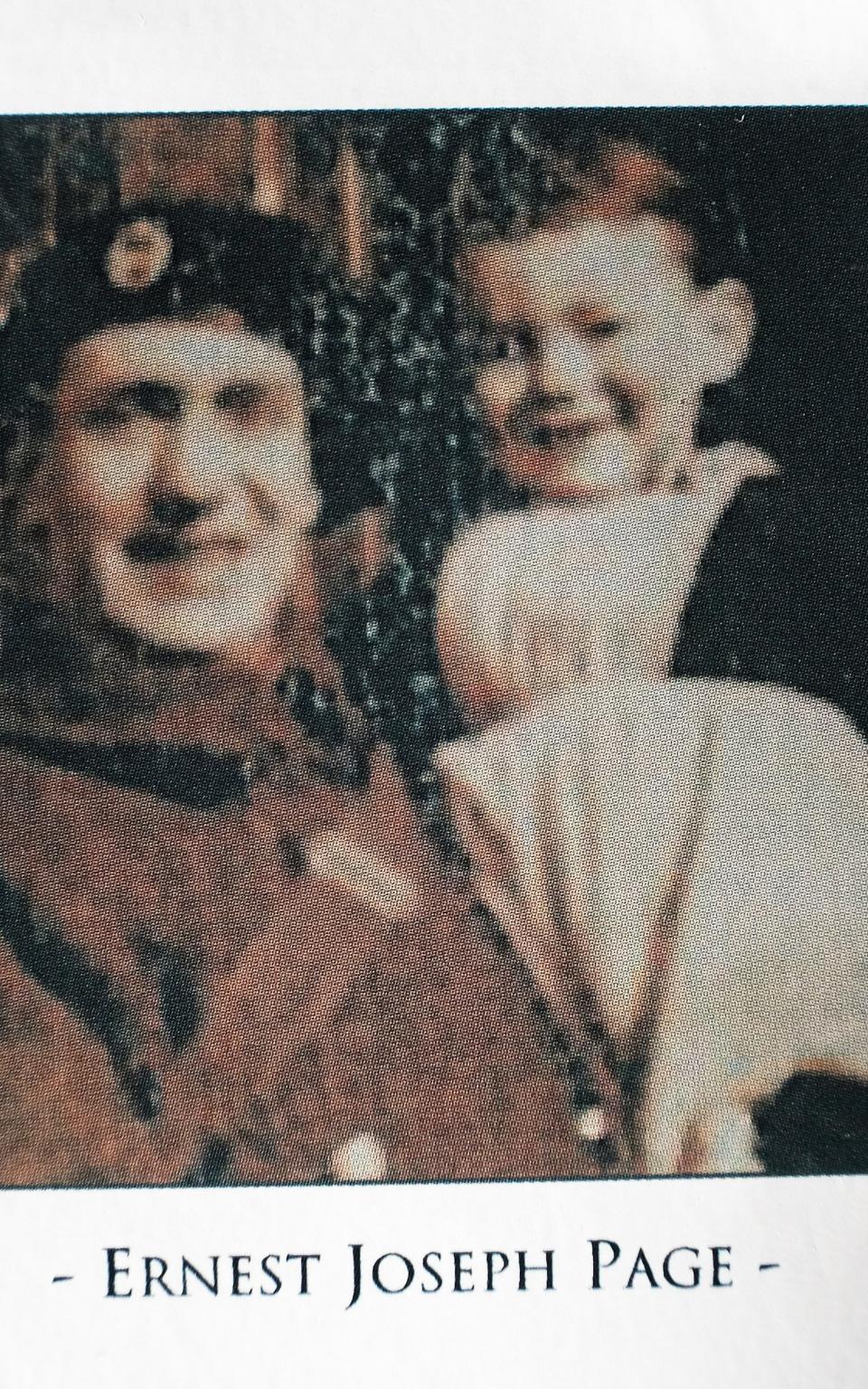
They also seek an apology from the British government for failing to prosecute those responsible.
To date the Foreign, Commonwealth and Development Office has rejected the notion. It told Ms Frith in July 2021: “Whilst we have no hesitation in expressing deep regret for the loss of life which occurred on the Suez Maru, and indeed for any distress caused by the decision taken not to pursue a case against those involved, we hope that it is clear that the members of the government involved in making that decision did so in good faith on the basis of the information they had available to them at the time.”
For the families of those lost that is simply not good enough.
“The heart of this matter is simple,” said Ms Frith, speaking after the 23 long minutes it took at the NMA to read out the names of the Suez Maru dead.
“The war crime case was clearly presented to the highest levels of the 1949 British government, which failed the PoWs of the Suez Maru and chose to deny them justice.
“It has to apologise for the 80 years of additional suffering this has caused the families after the terrible loss of their loved ones. So many family members from all the Suez Maru families have passed away without hearing the apology, and yet, we are many more in number, stronger and more determined than ever.”

